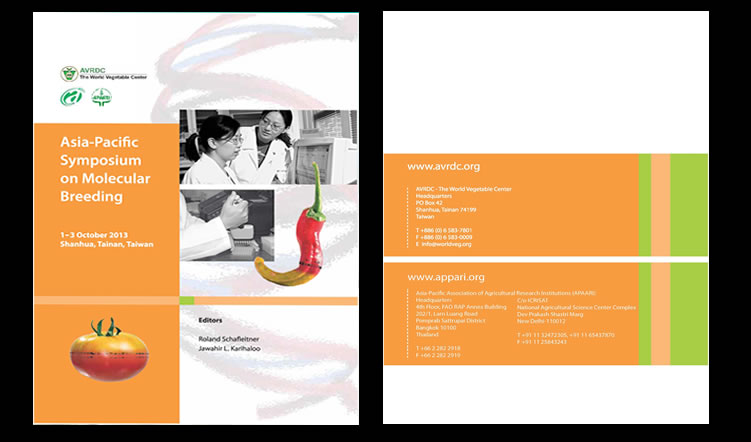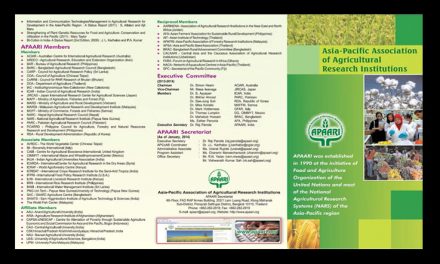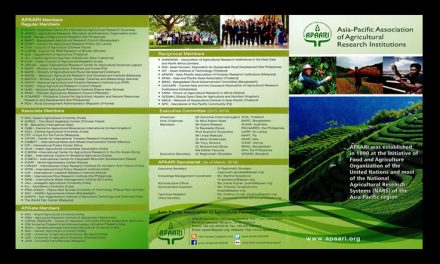Molecular breeding has emerged to be a powerful tool for genetic improvement of crops and livestock. Tangible outcomes of molecular breeding programs implemented by public sector institutions, international research centres and the private sector have now become available to farmers in some Asia-Pacific countries. Several research programs on the application of molecular and other genomic tools for crop and animal breeding are in operation in the Asia-Pacific region. However, a lack of laboratory infrastructure and screening facilities as well as adequately trained human resources constrain the adoption of molecular breeding in developing countries across the region.
Nevertheless, a number of national agricultural research systems and international institutions have made significant advances in the field of molecular breeding and use of genomic tools. Efforts must be made to develop linkages and initiate collaborative programs to share expertise, knowledge and benefits of the technology across the region.
The Asia-Pacific Symposium on Molecular Breeding organized by APAARI and AVRDC – The World Vegetable Center on 1-3 October 2-13 at AVRDC headquarters aimed to promote marker-assisted selection in crop and animal breeding in the region to enhance food security and income generation along the whole agricultural value chain. The Symposium brought together more than 60 scientists from 11 countries to discuss priorities and collaborations in crop and animal molecular breeding. Interactions among the participants resulted in important proposals for regional research networks to share resources and expertise on crop and animal improvement.
This publication summarizes the presentations and discussions held in the symposium and the salient recommendations that emerged which will be useful to policy makers, researchers, farmers and other stakeholders.




